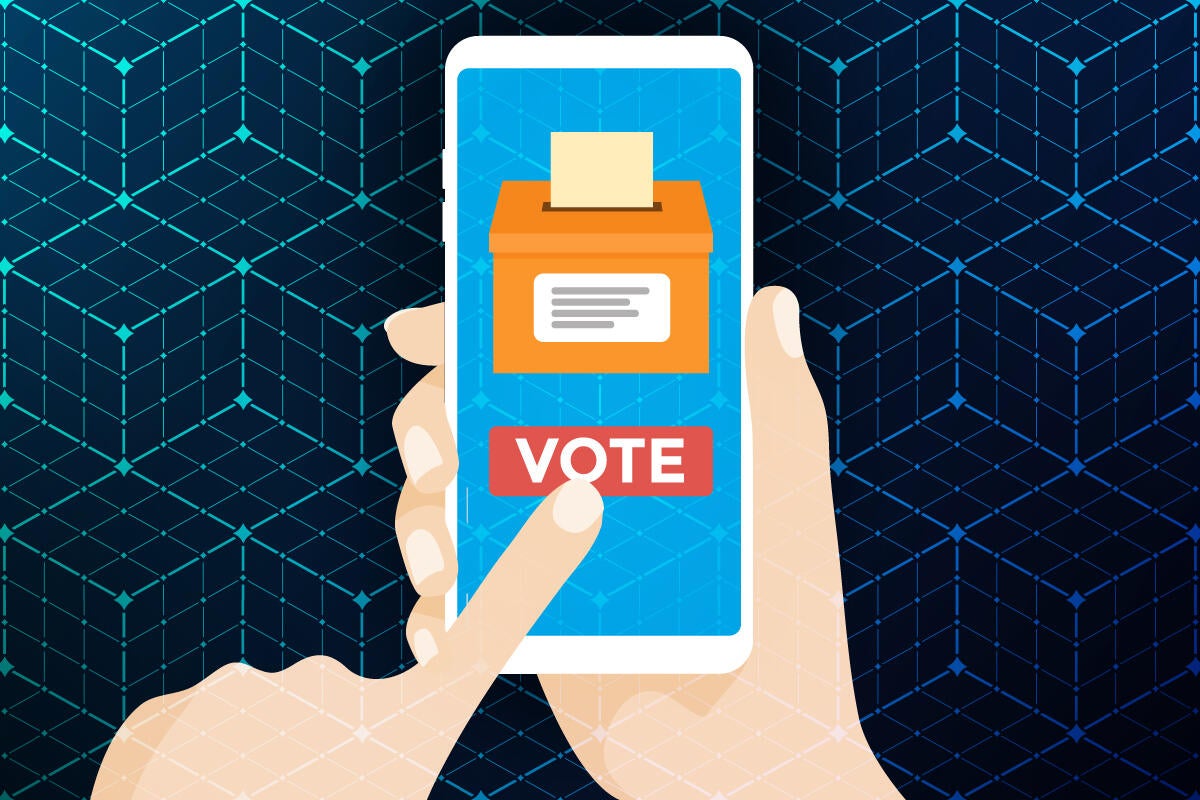Legislation to rein in AI’s use in hiring grows

Organizations are rapidly adopting the use of artificial intelligence (AI) for the discovery, screening, interviewing, and hiring of candidates. It can reduce time and work needed to find job candidates and it can more accurately match applicant skills to a job opening.
But legislators and other lawmakers are concerned that using AI-based tools to discover and vet talent could intrude on job seekers’ privacy and may introduce racial- and gender-based biases already baked into the software.
“We have seen a substantial groundswell over the past two to three years with regard to legislation and regulatory rule-making as it relates to the use of AI in various facets of the workplace,” said Samantha Grant, a partner with the law firm of Reed Smith.






